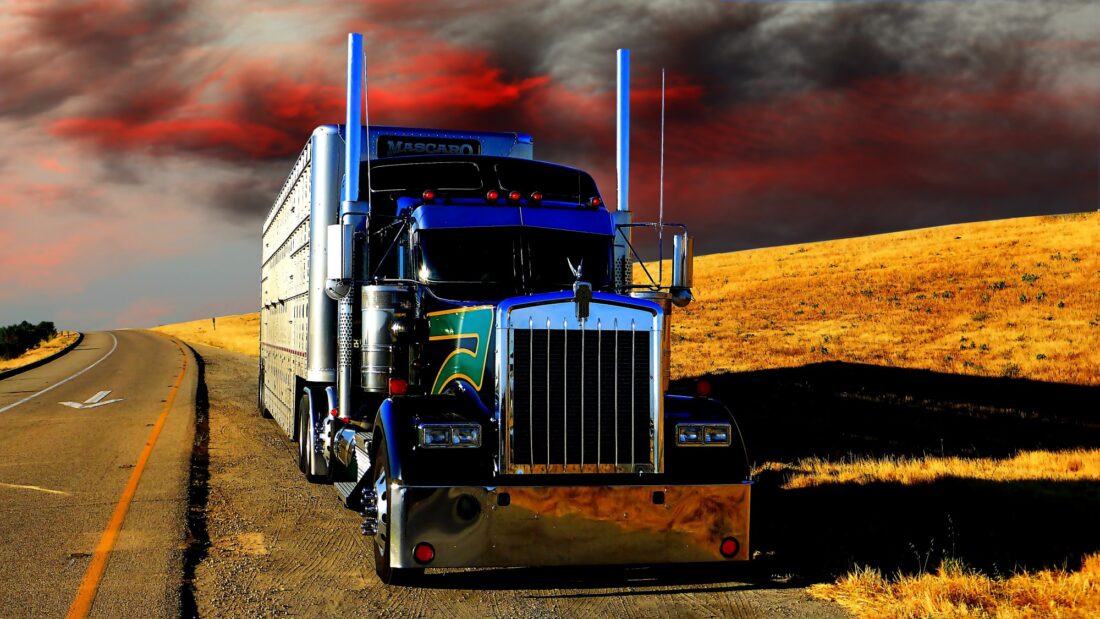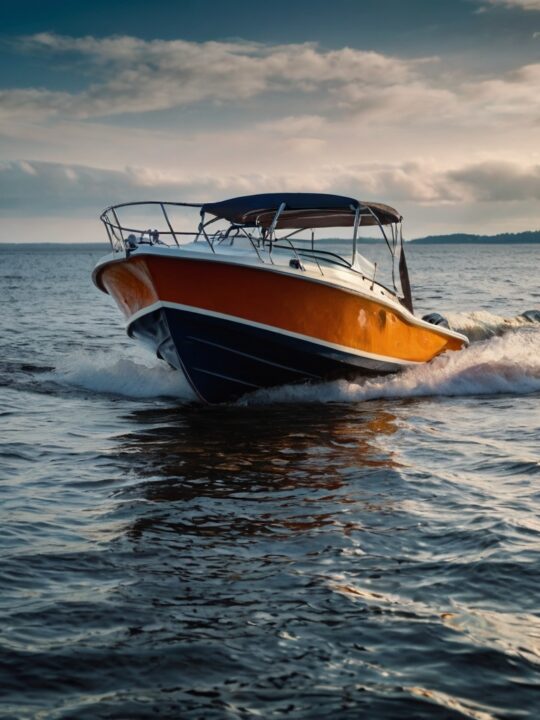
Protecting your business and equipment requires the right insurance plans. Smart business owners know that one accident or mistake can wipe out your business if you don’t have the right insurance coverage.
It might be tempting to save money and skip the insurance. However, business owners can’t legally operate without a minimum level of insurance in some industries. If your business involves tractor trailers, you need adequate coverage to continue operations.
Insurance also protects your business (and employees) if anything goes wrong during the operation of trucking equipment. How can you know how much or what type of tractor trailer insurance you need? Check out these eight facts to find out!
Table of Contents
- 1 1. Liability Insurance Protects Your Business
- 2 2. Liability Insurance Does Not Protect Drivers or Trucks
- 3 3. Cargo Insurance Protects What You Transport
- 4 4. Recover Lost Income With Business Interruption Insurance
- 5 5. Coverage Can Depend On Your Driving Record
- 6 6. Your Truck and Credit History Also Impact Your Rates
- 7 7. No Trailer Requires Different Insurance
- 8 8. Not All Policies Are the Same
- 9 Protect Yourself With the Right Tractor Trailer Insurance
1. Liability Insurance Protects Your Business
If you cause a tractor trailer accident, having liability insurance protects your business. This type of insurance helps cover the costs to compensate other drivers for repairs or injury claims.
Liability insurance is one of the most critical required insurance for your tractor trailer business. If you drive for a company, make sure they provide liability coverage for your rig when you carry loads on behalf of the company.
However, if you own your rig and drive as an independent operator, you’ll need to secure enough liability policies to meet state and federal trucking requirements for legal operation. In most cases, trucking companies must provide general liability insurance. Independent operators can operate with a primary liability policy.
2. Liability Insurance Does Not Protect Drivers or Trucks
Liability insurance coverage protects other drivers or people involved in a tractor trailer accident. However, in most cases, your primary or general liability policy won’t cover you (if you drive) or your drivers.
Trucking companies usually protect their drivers through workers’ compensation insurance. If a driver becomes injured in an accident while driving cargo for your company, workers’ compensation covers their medical costs and income loss.
To protect your trucks, consider physical damage coverage. This is an optional policy that can reduce your out-of-pocket expenses if your tractor trailer requires repairs following an accident.
3. Cargo Insurance Protects What You Transport
Most tractor trailer liability insurance doesn’t cover the financial impact of cargo damage. It’s not a blanket policy that covers anything other than the driver due to an accident.
To minimize the financial loss of an accident that destroys any cargo you’re carrying, add a cargo insurance policy to your coverage. With cargo coverage, if items are lost or damaged during transport—even without an accident—your policy covers the replacement costs to the cargo’s owner.
Depending on the type of products or materials you haul, the federal government can require a minimum of $5,000 in cargo insurance protection. While this might sound like an expensive requirement, the cost of compensating a manufacturer or distributor for damaged products or materials can be significantly more costly.
4. Recover Lost Income With Business Interruption Insurance
With the right combination of tractor trailer insurance policies, you can also recover lost income if your truck is out of commission for a while following an accident.
Business income insurance (or business interruption insurance) can help you maintain a minimal level of income while your truck goes through repairs and inspections. This type of coverage might not pay all of your bills, but it can help offset some income loss until you can get back on the road.
5. Coverage Can Depend On Your Driving Record
Truck drivers with an excellent driving record can qualify for more insurance at better rates. When working for yourself as the owner and operator of an independent rig, being safe on the road helps protect your tractor trailer with better insurance options.
If you have a poor driving record and can’t qualify for enough insurance coverage, you could overpay for an insurance policy. You might also have to stop driving under your CDL (Commercial Driving License). Without a CDL, you lose your ability to earn money as a tractor trailer driver legally.
Driving safely while following the rules and the law regarding insurance coverage helps keep you on the road!
6. Your Truck and Credit History Also Impact Your Rates
If your insurance rates still seem too high, but your driving record is spotless, check your credit history. Bad credit can also increase your rates.
Your truck should also be in excellent condition with a current inspection. Insurance providers can raise your rates if your truck is showing its age or needs repairs to travel safely while hauling cargo.
7. No Trailer Requires Different Insurance
Your tractor trailer insurance policy covers the truck and the trailer together. When you disconnect the trailer and drive the unattached truck, you could risk violating your insurance policy.
However, you could face plenty of situations when it’s necessary to drive your truck without a cargo trailer attached. To make sure you’re covered in case of an accident, add a non-trucking (or bobtail) policy to your complete coverage. This type of policy covers you while driving without an attached trailer.
8. Not All Policies Are the Same
Like insurance for a non-commercial vehicle, you have options when choosing your tractor trailer coverage. Multiple providers can offer a variety of options for coverage and pricing when choosing your policies.
To protect your business and income, never settle for less coverage than you need. However, you don’t need to overpay for excellent coverage that keeps you on the road while meeting minimum insurance requirements. Do your research to find affordable tractor trailer insurance that provides everything you need for your tractor trailer coverage!
Protect Yourself With the Right Tractor Trailer Insurance
Your livelihood and safety aren’t worth the risk of inadequate tractor trailer insurance coverage. Driving a big rig can be a dangerous job! While on the road, protect yourself, your income, and others with the right combination of insurance policies.
If you found this information helpful, be sure to browse more of our articles!







